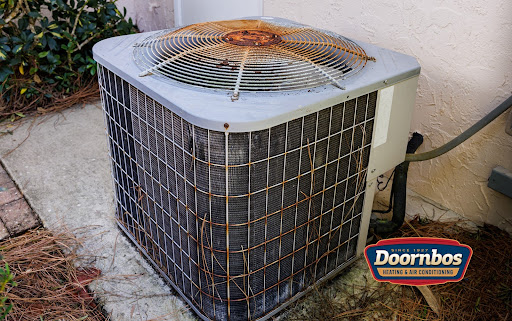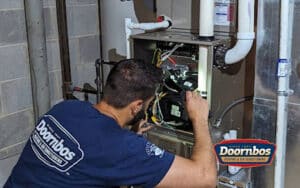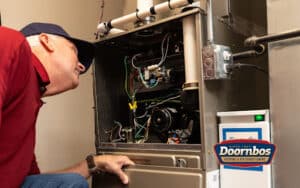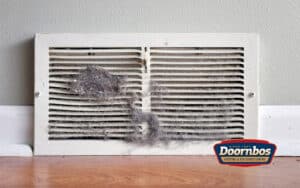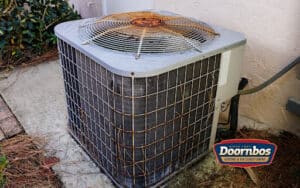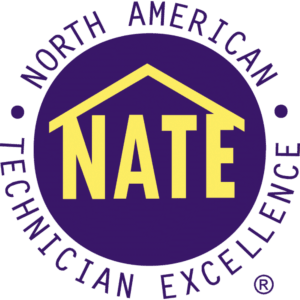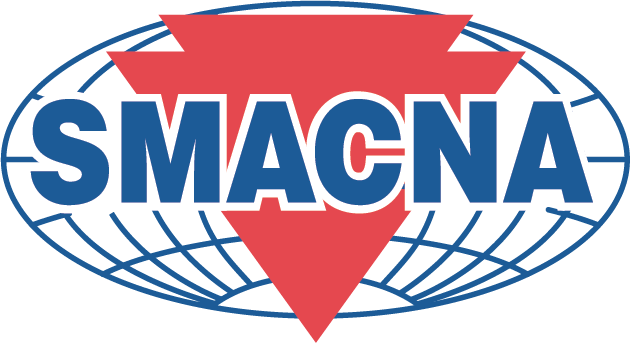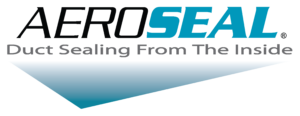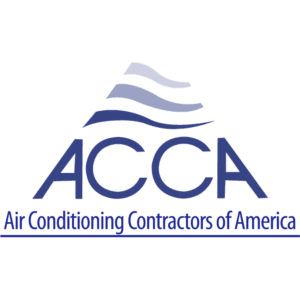As we approach 2025, there’s an important shift happening in the HVAC world—new refrigerant regulations. These changes affect what kind of refrigerants can be used in heating and cooling systems. If you own a home or a business in the South suburbs or greater Chicagoland area, it’s important to know how these changes will impact your HVAC system. At Doornbos Heating & Air Conditioning, we’ve been serving our community since 1927, and we’re here to help you understand these refrigerant changes in 2025 and how they might affect you.
What Are Refrigerants?
First, let’s talk about what refrigerants are. Refrigerants are chemicals used in air conditioning systems and heat pumps to cool and dehumidify the air. They help absorb and release heat, which is what keeps your home or business at a comfortable temperature. Different types of refrigerants have been used over the years, but not all of them are environmentally friendly. Some older refrigerants have been found to harm the ozone layer or contribute to climate change, leading to the need for regulations and changes.
Why Are the Refrigerant Regulations in 2025 Happening?
The refrigerant changes in 2025 are part of a global effort to protect the environment. Many older refrigerants, such as R-22, are being phased out because they release harmful chemicals that damage the ozone layer and contribute to global warming. The U.S. Environmental Protection Agency (EPA) has been leading this charge, along with many other countries around the world.
Starting in 2025, a new set of refrigerant regulations will further limit the use of certain types of refrigerants in HVAC systems. These regulations are designed to encourage the use of more eco-friendly refrigerants that have a lower impact on the environment. One of the main changes you’ll see is the move towards refrigerants with lower global warming potential (GWP).
What Does This Mean for Your HVAC System?
If your HVAC system uses an older refrigerant like R-22, you may need to consider upgrading or replacing your system. After 2025, it will become even more difficult and expensive to service systems that use outdated refrigerants because they will no longer be produced. The refrigerant changes in 2025 mean that R-22 and similar refrigerants will be in short supply, driving up costs.
On the bright side, newer systems that use environmentally friendly refrigerants, such as R-410A or R-32, will not be affected by these changes. If your system already uses one of these newer refrigerants, you’re in good shape. But if your system uses an older refrigerant, now may be a good time to talk with us at Doornbos about upgrading to a more efficient, environmentally friendly system.
The Benefits of Upgrading to a Newer HVAC System
One of the biggest benefits of upgrading your HVAC system to one that uses a compliant refrigerant is cost savings. While it may seem like a big investment upfront, you’ll save money in the long run by avoiding the rising costs of outdated refrigerants and the repairs needed to keep an older system running. Newer systems are also more energy-efficient, which means lower utility bills each month.
Beyond the financial savings, upgrading to a new system with an eco-friendly refrigerant is better for the environment. You’ll be helping to reduce your carbon footprint and contribute to a more sustainable future.
Will You Need to Replace Your System?
Not everyone will need to replace their HVAC system immediately. If your system is newer and already uses a compliant refrigerant, you likely won’t need to do anything. However, if your system is older and relies on an outdated refrigerant like R-22, it’s time to start thinking about your options. At Doornbos Heating & Air Conditioning, we can help you determine the best course of action based on your system’s age, condition, and refrigerant type.
How Doornbos Can Help You Prepare for the 2025 Refrigerant Regulations
We know that understanding refrigerant regulations can be confusing, but you don’t have to go through this alone. At Doornbos Heating & Air Conditioning, we’ve been keeping Chicagoland homes and businesses comfortable since 1927, and we’re here to help you navigate the refrigerant changes in 2025. Whether you need a system upgrade, maintenance, or just want to learn more about the new refrigerants, we’ve got you covered.
Our team of experienced HVAC professionals can help you choose the best option for your home or business, ensuring that you comply with the new regulations and continue to enjoy reliable, efficient heating and cooling.
By staying informed and proactive, you’ll not only protect your HVAC system but also help protect the environment. The refrigerant changes in 2025 are an opportunity to upgrade to a more eco-friendly and efficient system. Don’t wait until the last minute—contact us today to learn more about your HVAC system and the upcoming refrigerant regulations.

